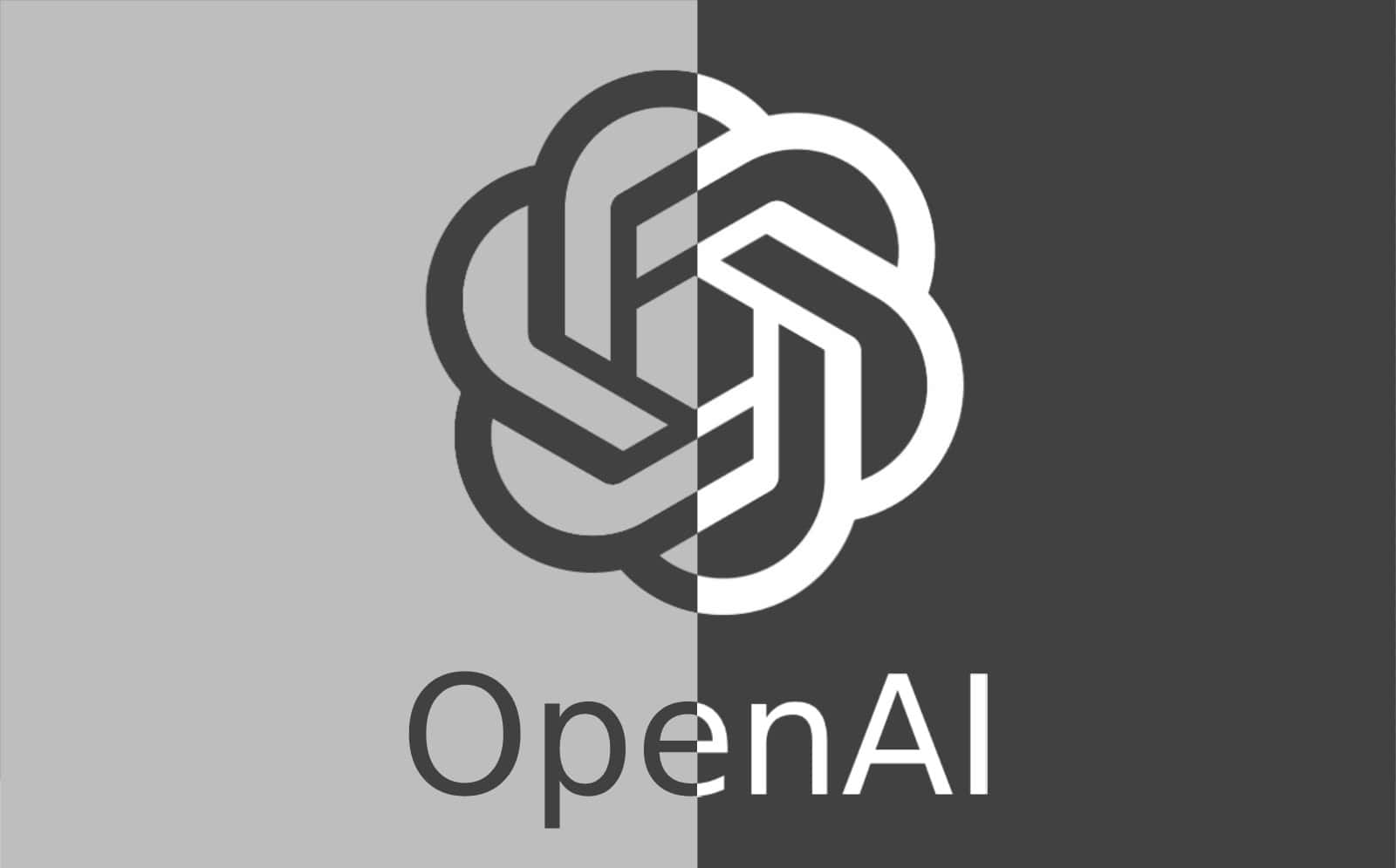OpenAI CEO Talks On AI Benefits Distribution, Closed-Source Future

Contents

OpenAI, the maker of ChatGPT, drove the current artificial intelligence revolution in the tech industry. The chatbot made a powerful tool available to the general public. However, AI still felt intimidating to many, and the company’s next goal was to make the experience as accessible as possible. That said, OpenAI’s CEO believes that the benefits of AI are still not well distributed.
The American firm has already made great strides in terms of AI accessibility. Its chatbot is becoming more user-friendly, without losing the powerful features that more advanced users enjoy. However, Sam Altman, CEO of the company, seems to feel that the technology is not yet reaching as many people as he would like around the world.
OpenAI CEO wants the benefits of AI to reach as many people as possible
In a blog post, Altman offers some observations on the present and future of the AI industry. The post focuses heavily on artificial general intelligence (AGI), or the next big step in the industry. While current AI services are very good at some specific tasks, they still require a lot of human intervention. Products based on AGIs, which are considered “AI agents,” will be more proactive. Big AI companies want them to be as good at a job as a human would be.
In this regard, Altman says that “ensuring that the benefits of AGI are broadly distributed is critical.” To achieve this, he says that OpenAI is open to the possibility of a “compute budget” that would help expand access to such advanced technologies among the public. The company is also considering other “strange-sounding” ideas, but nothing is decided yet. However, the goal seems clear: to bring artificial intelligence to more and more people even in its most powerful forms.
The AI industry has a high presence of paywalls for the most advanced features
Currently, there are popular platforms and services that integrate powerful AI-powered features. However, many of these features are hidden behind a paywall, which already implies an access barrier. Google recently made AI features available for free to subscribers of Workspace paid plans. Previously, access to these options required a monthly payment of $20, in addition to the $12 for the Workspace Business Standard plan. This means that free users cannot yet enjoy these features.
Well, AI agents are expected to be an even more advanced and expensive technology to develop. So, prices could be really prohibitive at first for the general public. This is possibly what the OpenAI CEO is referring to regarding expanding the benefits of AI.
“The historical impact of technological progress suggests that most of the metrics we care about (health outcomes, economic prosperity, etc.) get better on average and over the long-term, but increasing equality does not seem technologically determined and getting this right may require new ideas,” the post says. “In particular, it does seem like the balance of power between capital and labor could easily get messed up, and this may require early intervention,” Altman added.
AI agents will still require human intervention, at least at first
The post also talks about how AGIs won’t be completely autonomous. While they will be much more proactive than today’s assistants, the AI agents of the future may still “require lots of human supervision and direction.”
Still, Altman sees AI agents capable of “tackling increasingly complex problems, at human level, in many fields.” However, they will still require some level of human guidance since they “will not have the biggest new ideas.” In fact, he mentions that AI agents “will be great at some things but surprisingly bad at others.” This is in line with a recent statement where OpenAI’s CEO gave advice to the public regarding AGIs’ performance. He said that you should “cut your expectations 100x.”
OpenAI’s future could be based on closed-source development
Another interesting point Altman makes in the blog post is the approach to product development at OpenAI. Apparently, he believes that shifting the focus to closed-source tools is the way forward. “Many of us expect to need to give people more control over the technology than we have historically, including open-sourcing more, and accept that there is a balance between safety and individual empowerment that will require trade-offs,” he said. Potentially related, Altman also stated that OpenAI will have to make “some major decisions and limitations related to AGI safety that will be unpopular.”
AI development becomes cheaper over time
The blog post also touches on the issue of AI development becoming cheaper. In every segment of the tech industry, new technologies become cheaper over time. Well, Altman claims that, regarding AI development, the development cost for “a given level of AI” falls about 10x every 12 months. He gives as an example the evolution of the price per token on ChatGPT in the last year. GPT-4 tokens in early 2023 were about 150x more expensive than GPT-4o tokens in mid-2024.
However, creating AI systems that remain competitive is a costly endeavor. Recently, DeepSeek caused massive crashes in NVIDIA shares due to its alleged low training and development costs. However, more and more voices are questioning the Chinese company’s investment claims. What was initially $6 million would actually be closer to $1.6 billion.
What’s your reaction?
Love0
Sad0
Happy0
Sleepy0
Angry0
Dead0
Wink0


![what’s-new-in-android’s-april-2025-google-system-updates-[u:-4/21]](https://betadroid.in/wp-content/uploads/2025/04/16432-whats-new-in-androids-april-2025-google-system-updates-u-4-21-280x210.jpg)






Leave a Reply
View Comments